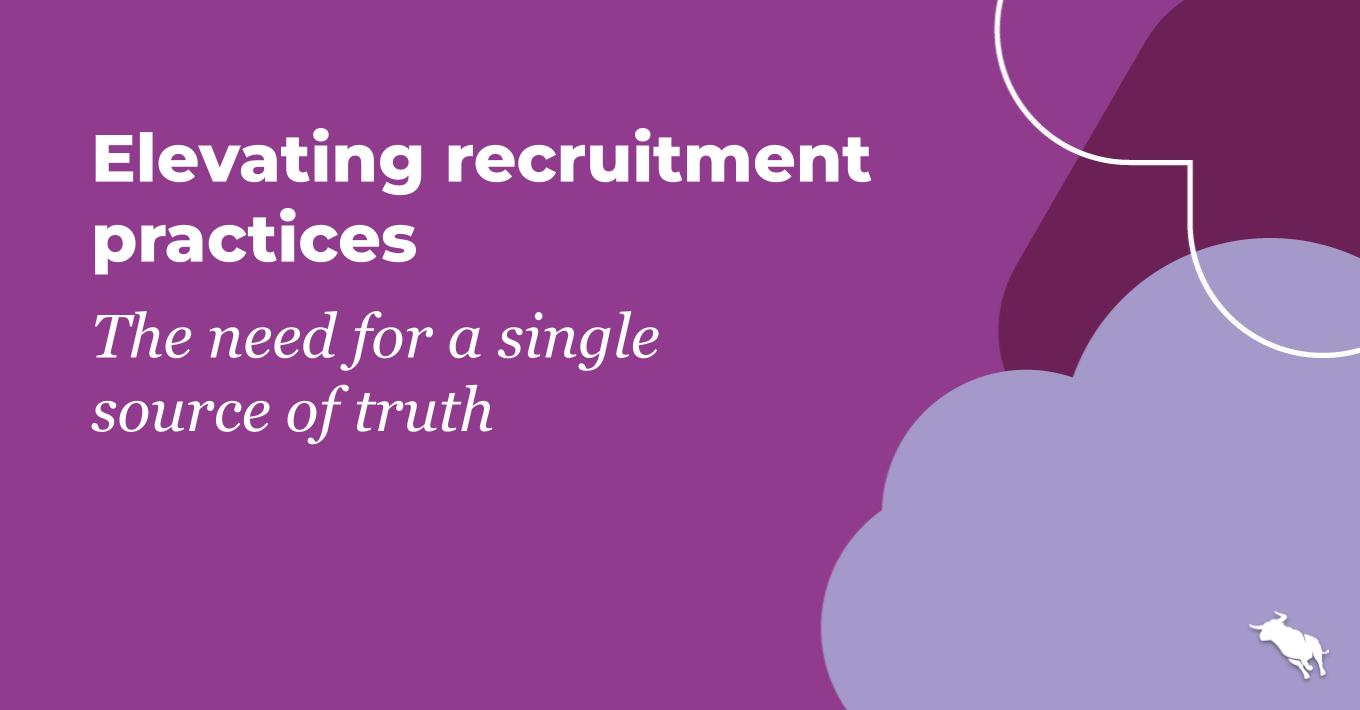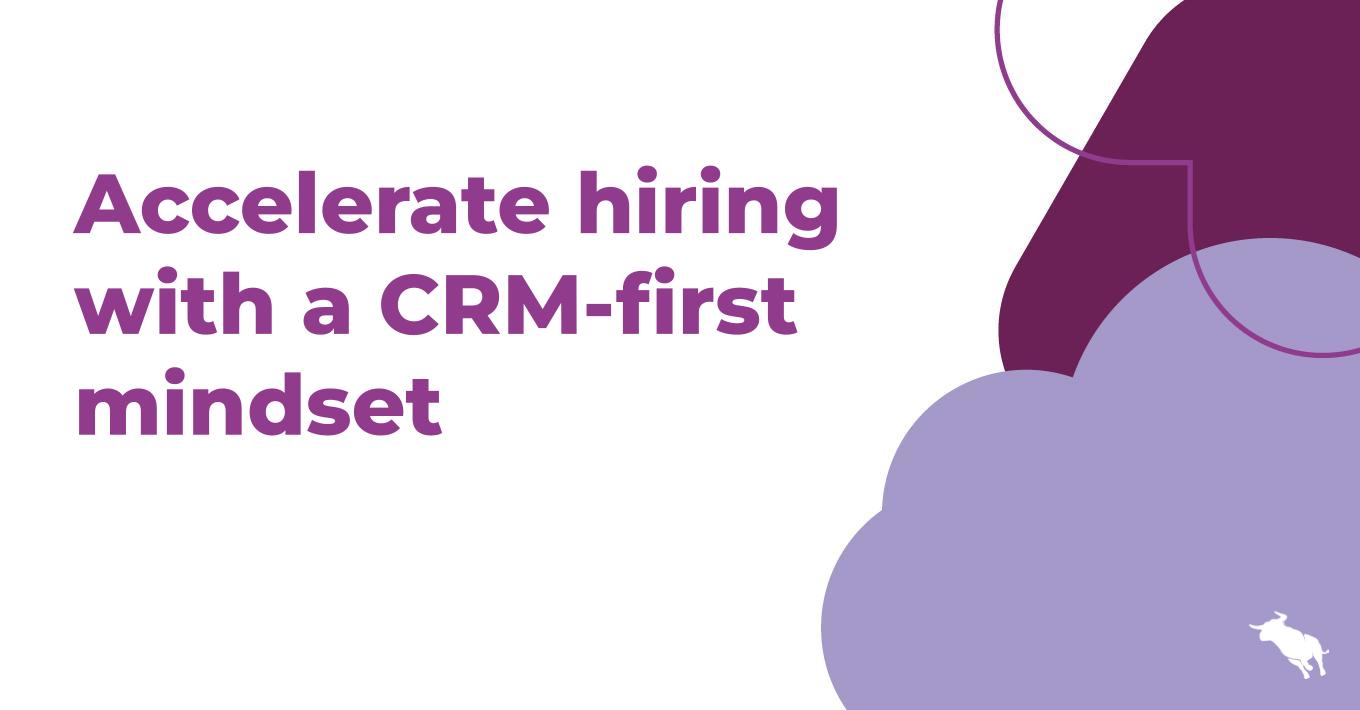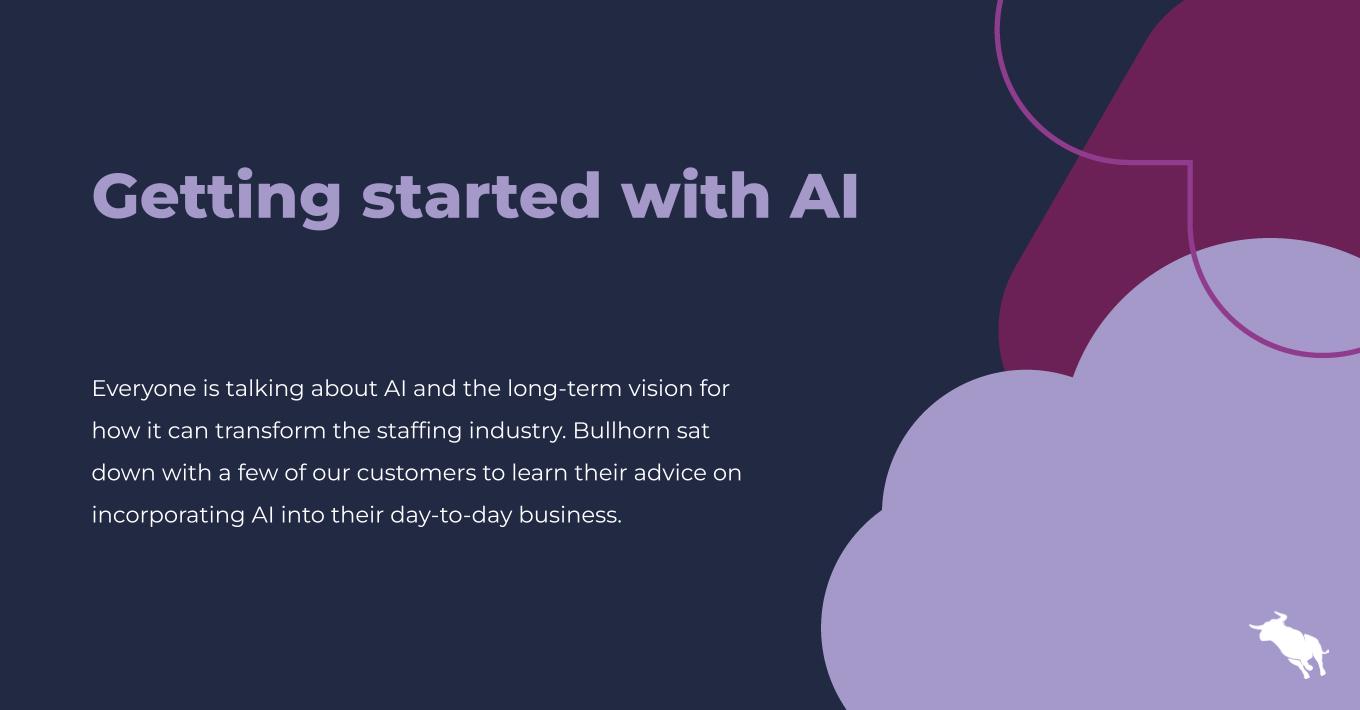The 7 Soft Skills That Separate the Great Candidates from the Good

Candidate resumes only ever tell half of the story. The job-specific knowledge and abilities that fill CVs – known as hard skills – certainly give insight into the candidate’s experience and capabilities. But the question remains; how do they go about applying all of these hard skills?
An understanding of the candidate’s soft skills will help you paint a more complete picture. Soft skills are those that aren’t learned from textbooks – rather they’re a set of personal attributes, developed over time, that allow a candidate to work well with other people. We’re talking about traits like the ability to collaborate, negotiate, and adapt to changing circumstances.
Modern recruiters know that soft skills are incredibly important. According to this iCIMS survey, 94% of recruiting professionals believe an employee with stronger soft skills has a better chance of being promoted than an employee with more experience but weaker soft skills.
Identifying hard skills is an important part of a recruiter’s job, and analyzing resumes is always the first step in filling any position. But when it comes to the crunch – where you need to pick the best of the best from a pool of qualified candidates – understanding and identifying soft skills is key to finding the perfect hire.
So which soft skills should a recruiter be on the lookout for? Here are seven that’ll separate the great candidates from the good.
1. Time Management
How well does the candidate plan out his or her day? Being efficient, effective, and knowing how to prioritize tasks all fall under the umbrella of time management – an incredibly important soft skill in any profession that pulls you in multiple directions at once. Time management becomes more important in smaller workplaces, where the responsibilities of each employee are generally broader. Bad time management skills can quickly bleed into all areas of an employee’s work, as the stresses and strains of constantly falling behind begin to mount.
2. Problem Solving
If put in a tricky situation, will a candidate sink or swim? Problem-solving skills are important in most jobs, particularly those with added responsibility, like leadership roles. The iCIMS survey found that problem-solving skills were the most sought-after soft skills by recruiters looking for quality candidates, with 62% explicitly stating that they look for candidates who are elite in this department.
3. Adaptability
Does a shift in circumstances make a candidate uncomfortable? Can they handle anything that’s thrown at them? Adaptability is particularly important in today’s workplace, where new technology and ways of working are constantly being examined in the search for a competitive edge. Entry-level positions will usually be the ones that require the greatest adaptability, as the candidate must come to understand everything that’s expected of them in the role.
4. Accountability
Nothing is more detrimental to office harmony than an employee who doesn’t demonstrate personal accountability. The blame game is played, and the employee quickly falls into a victim’s mindset, choosing to focus on self-pity rather than a solution. An accountable employee knows that failures are a part of the job and provide the perfect opportunity to learn. Adaptability and accountability make for a serious soft skills combo.
5. Enthusiasm
Many top recruiters believe that the single most important indicator of a great candidate is their enthusiasm. If a candidate is genuinely excited about a role, they’ll tend to work harder than anyone else, and they’ll do so with a smile on their face. Enthusiasm indicates a passion and drive and is found in loyal, engaged employees who are a positive influence on other team members. Enthusiasm should always trump experience if a choice needs to be made between the two.
6. Communication
In some ways, the term ‘soft skills’ has become a synonym for communication skills, which are fundamental if a candidate is expected to work effectively and harmoniously on the job. Whether in writing, over the phone or face-to-face, the ability to clearly and succinctly deliver information to others will ensure that all team members are on the same page and that issues and opportunities are identified. It’s easy to get a read on a candidate’s communication skills during an interview, and those who demonstrate outstanding interpersonal abilities should be at the top of your list.
7. Empathy
Does your candidate have the ability to put themselves in another person’s shoes? Empathy is an often-overlooked soft skill but can make all the difference in dealing with customers and maintaining office relationships. Unlike sympathy, which is simply feeling sorry for someone, empathy is about trying to feel what another person is feeling. By doing so you can better understand where that person is coming from, which makes working toward a mutually beneficial solution so much easier. Empathy can be the hardest soft skill to learn – many believe people either have it or they don’t – so identifying candidates who come with pre-packaged empathy is critical if you’re trying to find the best person for the job.
The qualifications and experience listed on a candidate’s resume only tell half of their story. To know whether they’ll be a good fit for a position, you’ll need a deeper understanding of their softer side; the one that can’t be printed on a sheet of paper.




